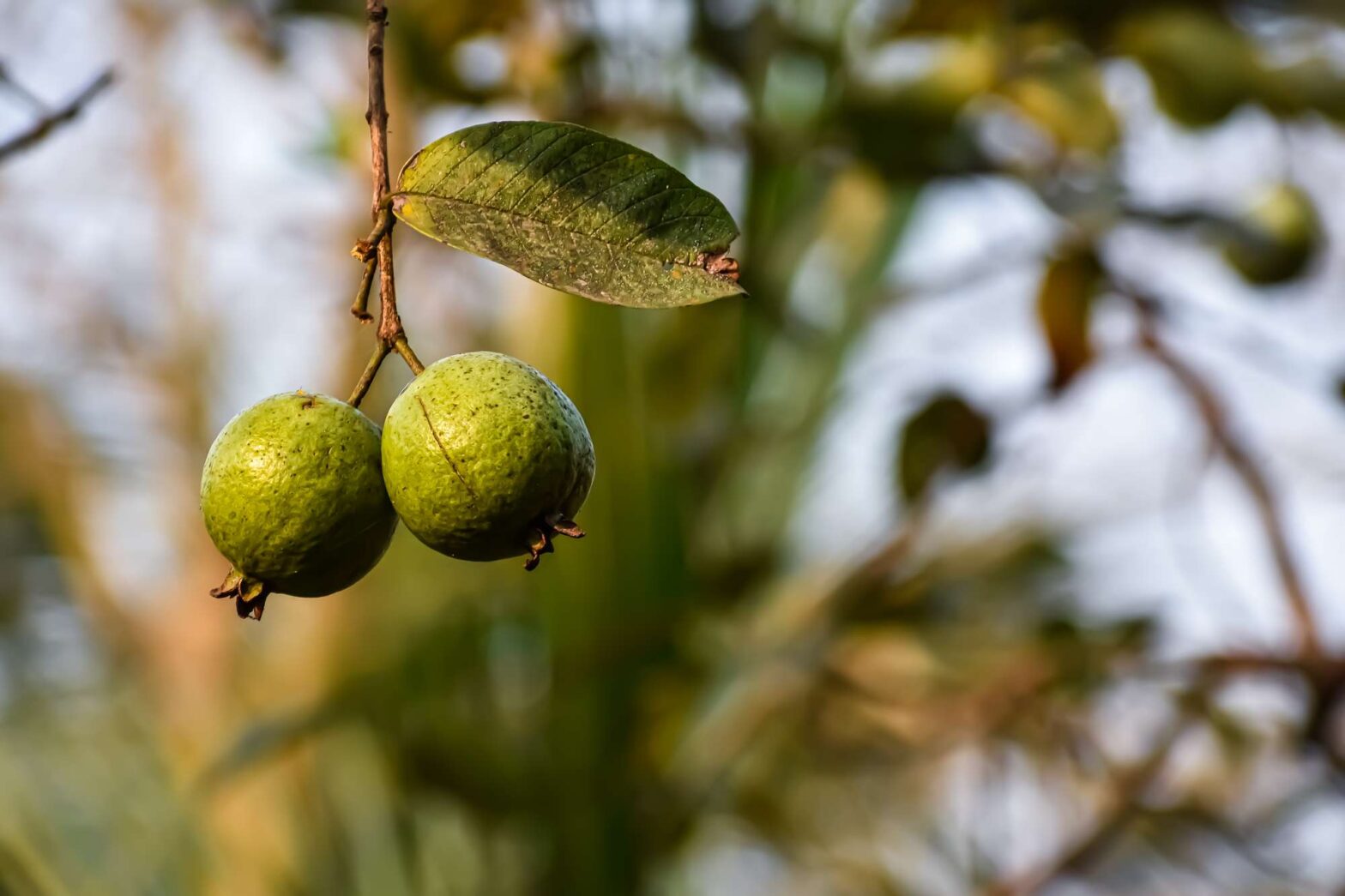Some 800 years ago, the Polynesians sailed across the Pacific Ocean and set foot on the islands of Hawaii to create a new home. Today, we call that home the Aloha State.
Hawaiian culture is rich and diverse; it draws from the Polynesians, the Chinese, the Japanese, the Filipinos, and the Portuguese. So much so, I encourage you to take your family to Hawaii and experience it first-hand.
But there’s a shortcut—and that shortcut’s in your backyard.
Hawaiians have long been gathering and cooking outdoors, heating volcanic rocks over smoldering wood to grill and smoke the most delicious of red meats, whole birds, and fresh-caught fish. (They call it “smoke meat.”)
Now, here’s the thing: You don’t have to fly to Honolulu to experience the delights of Hawaiian outdoor cooking. All you need is a good supply of guava wood, the best-kept secret of the local pitmasters, for your smoker.
You can order well-seasoned guava wood on the Internet; chances are it won’t set you back as much as you think.
Can You Grill and Smoke Meat With Guava Wood?
Guava wood comes from the fruit-bearing guava tree, a member of the myrtle family. Guava trees are native to Mexico, Central America, and South America. Within U.S. territory, you will find them in Hawaii and the Virgin Islands, as well as Florida, California, and Texas in the mainland.
Guava wood is a hardwood. As such, it is generally safe to use for cooking over. Kiln-dried or seasoned properly, guava wood burns well on the kettle grill and smolders agreeably in the firebox of your smoker.
Guava wood smolders with a subtly sweet, medium-flavored smoke, making it an exotic choice of firewood for grilling and smoking pigs, birds, and fish. (Paired with hickory or mesquite, it can also be used to smoke beef, veal, and lamb.)
Use guava wood if you want to give your meat a strong woody and lightly fruity flavor. I find that flavor to work best on ham, chicken, and salmon. As for the strength of the smoke, it stands somewhere in-between that of hickory and oak, with the sweetness resembling that of cherry and apple.
All in all, guava is an interesting firewood whose tropical smoke, I reckon, comes from the fragrant oils that form in the tree’s fruit, the guava fruit. That fruit tastes tropical, like a cross-breed of strawberry, lychee, and pear.
Should You Soak Guava Wood for Smoking Meat?
Should you, or should you not, soak your guava wood for smoking meat?
In forums, you can find some references to this, but they are few and far between. The reason could be that guava wood is not abundant in the states, so there is less discussion about its use. Still, common sense can be applied.
You soak your wood to add moisture to it, so that it smolders without combusting. By doing so, you get more control over the cooking temperature—an absolute must for long cooks—and the result is tasty, evenly cooked whole birds or slabs of meat.
Thinner woods need less soaking because they absorb moisture quickly; thicker woods need more soaking as the moisture needs time to penetrate the fibers of the wood.
Most meat smokers soak their chips for 1-2 hours, and their chunks for 24-48 hours.
Ultimately, whether or not you soak guava wood depends on your personal preferences. When in doubt, play it safe and soak the wood, especially if you are unfamiliar with how the wood behaves in the firebox.
As you gain experience and confidence over time, try smoking with guava wood without soaking it. It takes a while to learn the ropes of smoking meat without soaking the wood first, I know. But trust me when I tell you the results will be worth it.


